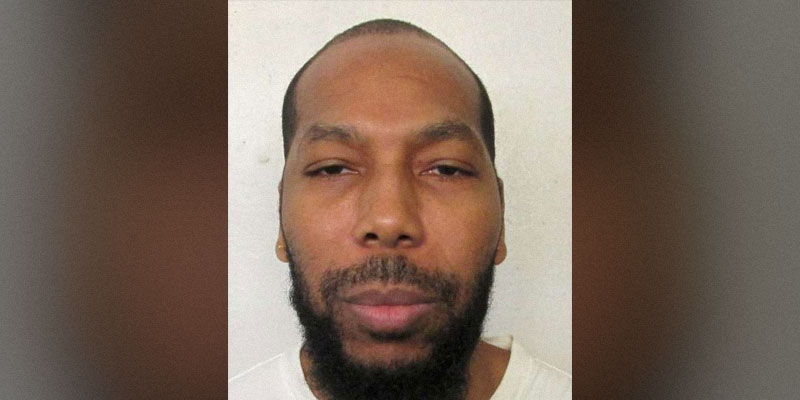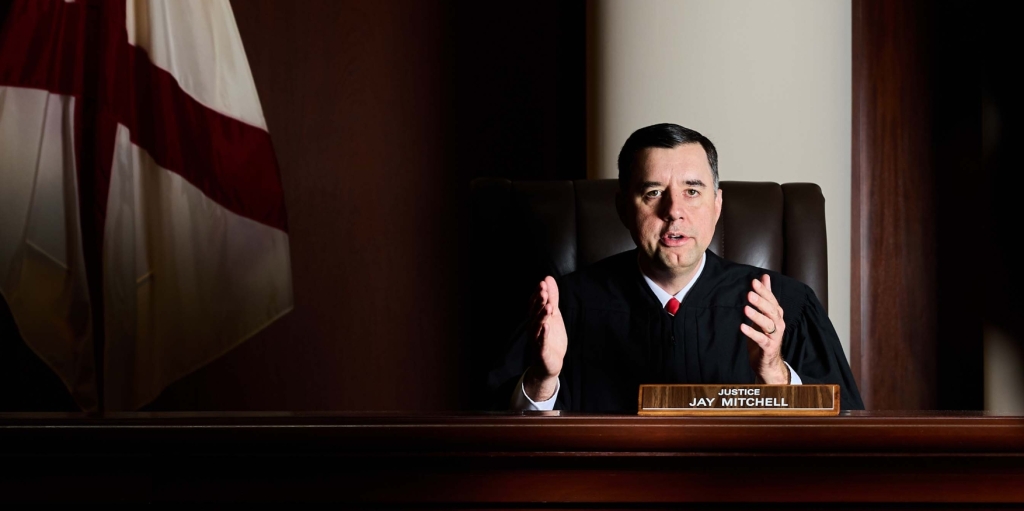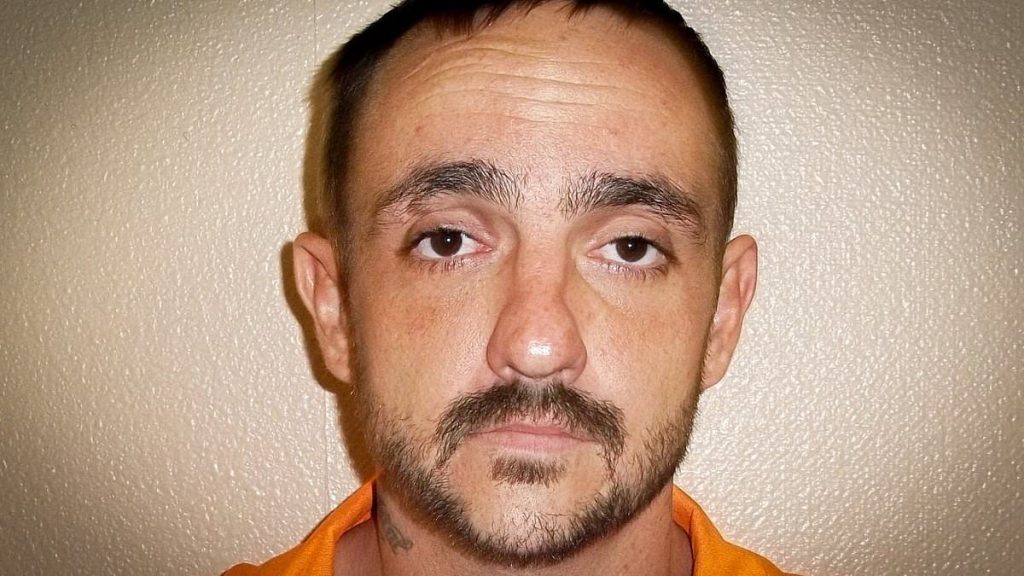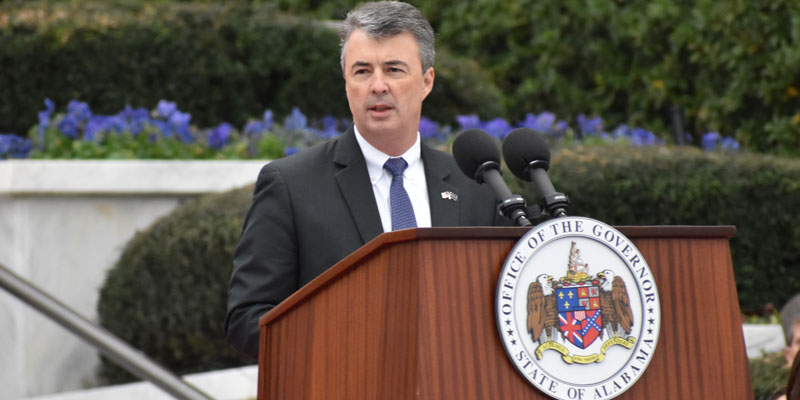Alabama on Thursday said a Christian prison chaplain does not have to be present during next week’s execution of a Muslim inmate who has accused the state of being unwilling to accommodate his religious beliefs in his final moments.
Lawyers with the Alabama attorney general’s office made the offer in a court filing as the state opposes a request to stay the execution on religious grounds.Dominique Ray, 42, is scheduled to be executed Feb. 7 for the 1995 fatal stabbing of 15-year-old Tiffany Harville.
Ray is seeking a stay, saying the state is violating his religious beliefs by not allowing an imam to take the place of a Christian prison chaplain in the execution chamber.
While a condemned inmate’s spiritual adviser can visit with them before an execution, the state only allows the chaplain and a corrections officer in the room during the lethal injection.
The chaplain will kneel beside the gurney and speak and pray with the inmate at the start of the execution if the inmate requests it. The chaplain otherwise stands against a wall a few away from the gurney.
The state said in the court filing that it would not allow a non-prison employee in the execution chamber due to security reasons, but that the execution could proceed without the Christian chaplain in the room.
Attorneys for Ray wrote in a response that the state’s offer did not settle the concerns, and that a Muslim inmate has the same right as a Christian inmate to have a minister of their faith with them.
Lawyers for the state called Ray’s lawsuit a last-minute strategy to halt the execution.
Ray is also asking to be executed by another method called nitrogen hypoxia, a procedure allowed by state law but that has not been developed yet.
The state gave death row inmates a brief window last year to select nitrogen as their execution method. Dozens of Alabama death row inmates did so, but Ray missed the deadline.
Ray said he initially thought it would violate his religious beliefs to select the method of his death, but said he has since consulted with his imam.
Ray’s lawyers have also sought a new trial, saying prosecutors did not disclose records that showed a key witness was suffering from symptoms of schizophrenia before he testified against Ray.
Harville disappeared from her Selma home in July of 1995. Her decomposing body was found in a field a month later.
Ray was convicted in 1999 after co-defendant Marcus Owden told police that they had picked the girl up for a night out on the town and then raped her.
Owden said Ray cut the girl’s throat and they also took the girl’s purse, which had $6 or $7 in it.
Owden pleaded guilty to murder, testified against Ray and is serving a life sentence without parole.
(Associated Press, copyright 2018)
Sign-up now for our daily newsletter and never miss another article from Yellowhammer News.













